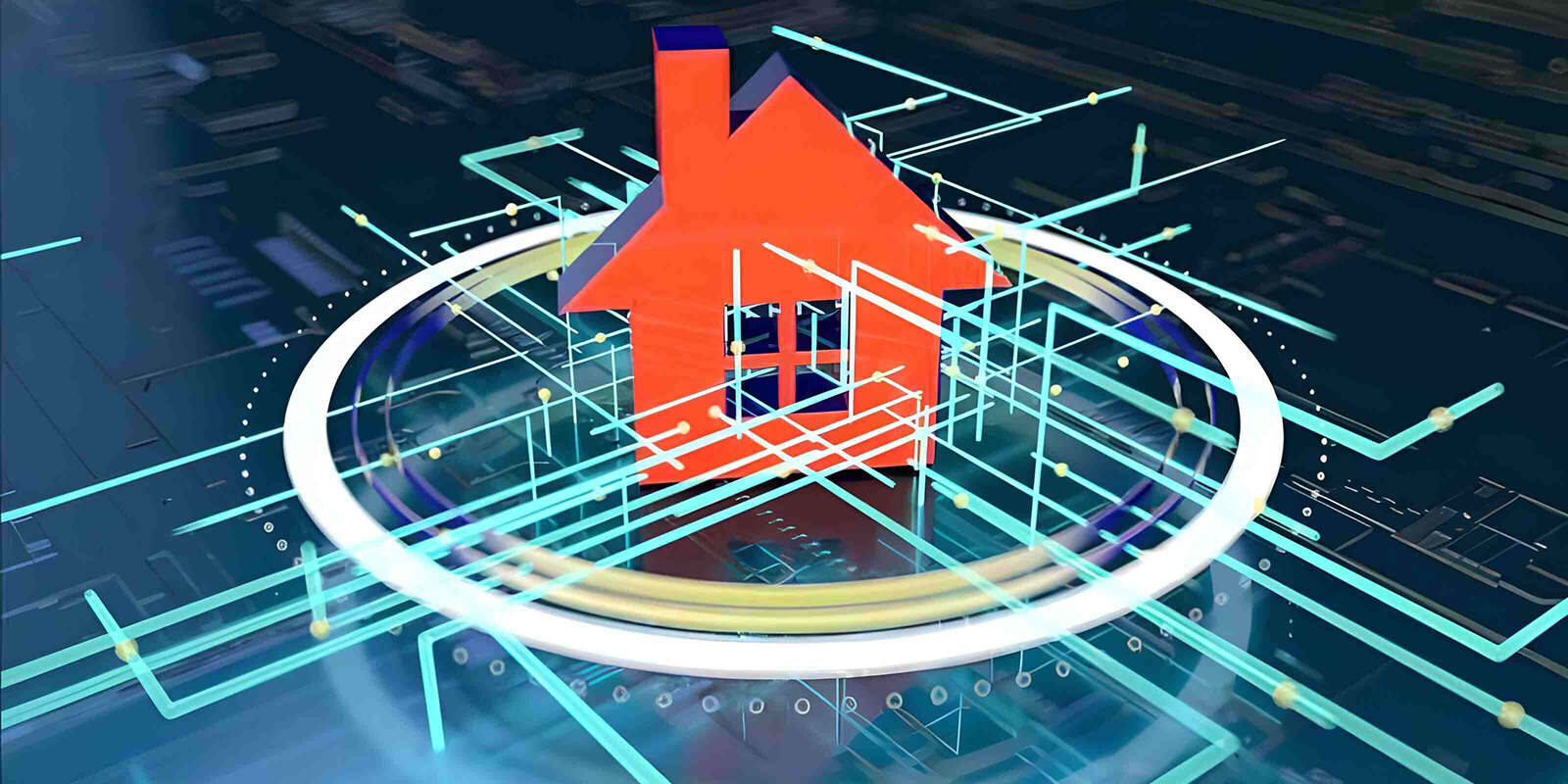
Real estate on the way to tokenization?
Since the end of the health crisis and the start of the war in Ukraine, the world has been going through a deep economic crisis. Interest rates are skyrocketing, banks have become very cautious, and real estate transactions are more difficult to complete.
So why not use the property tokenization method inspired by the fractional ownership system, which allows micro-investors to enter the market. A company attached to the property is created. Then the company can issue shares representing a proportionate quota of the real property. And tokenization enables these shares to be represented by tokens, which are registered on the blockchain.
This tokenization system also makes it easy to exchange token securities, with transparent and secure transactions. So, you can buy a property as you go along, buying new tokens every month.
This method offers universal access to real estate investment, reduces transaction costs, and eliminates the need for banking intermediaries. But tokenization also raises the question of how to calculate the value of the real estate token. It can be assessed based on the future income potential of the tokenized property or based on construction and renovation costs.
Real estate tokenization is still an emerging field, even if it already represents a business volume of over 2 billion by 2021, and still needs to be legally harmonized, to become even more powerful and global.
Back to News >